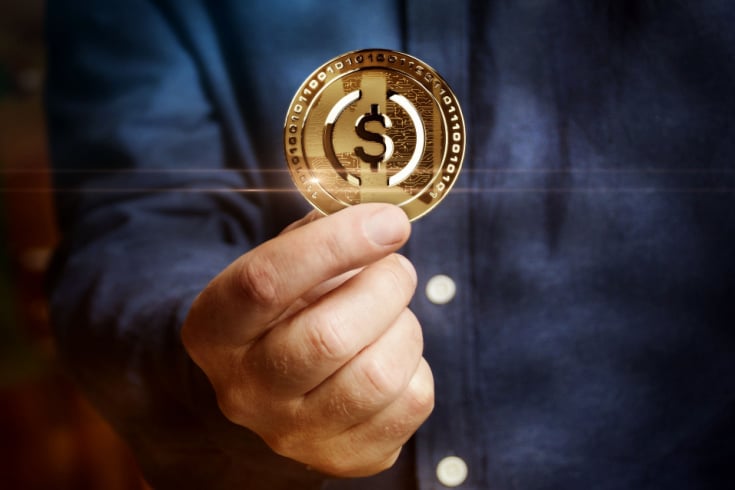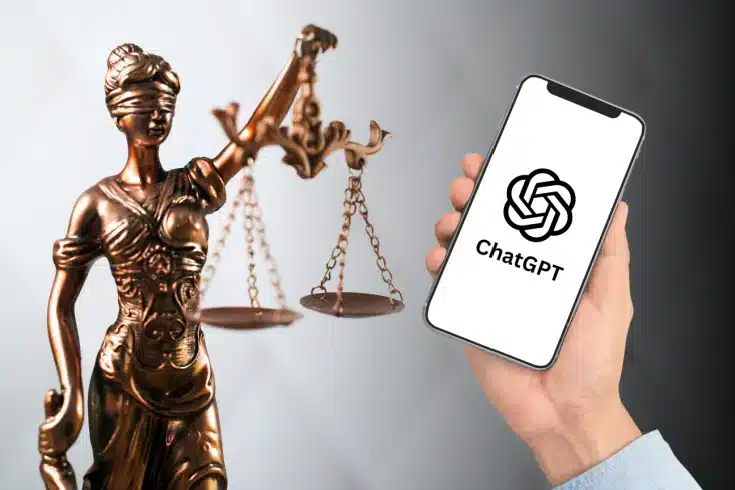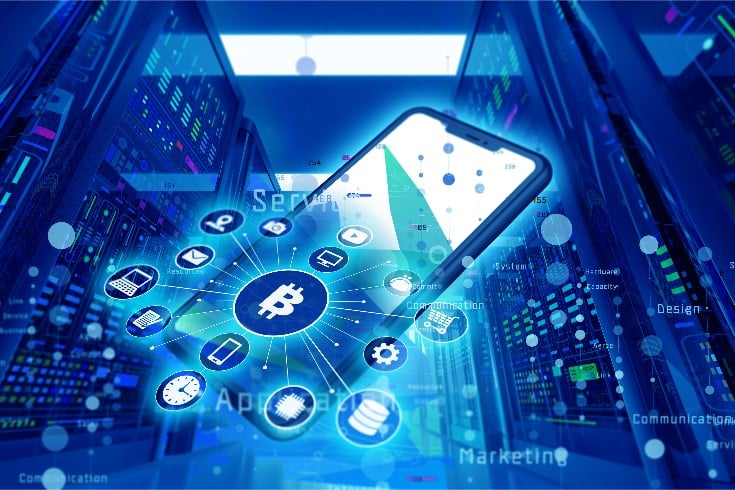The Correlation Between Art NFT Trading and Copyrights
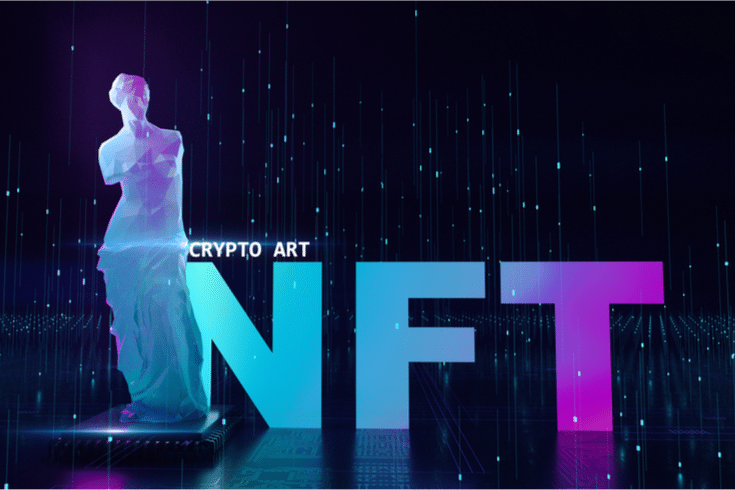
In recent years, there has been a surge of interest in NFTs due to the trading of digital art and trading cards designed for NFTs at exorbitant prices.
However, NFTs are not legally defined, and their legistlation has not yet progressed.
In this article, we will provide an explanation of NFTs and art NFTs, as well as the correlation between art NFTs and copyright.
Introduction to NFTs
“NFT” is an acronym that stands for “Non-Fungible Token.”
Since digital data can be easily copied for free, it is difficult to add value such as rarity.
The utilization of NFT allows for the issuance of non-fungible tokens using blockchain technology while ensuring the uniqueness of digital data.
The NFT Marketplace is the primary platform for trading NFTs.
The market for trading NFTs has experienced rapid expansion lately. Creators now have the advantage of increased opportunities to sell their works to previously untapped demographics.
Art NFT Trading
Art NFTs are a type of NFT that transforms artwork into a digital token.
In March 2021, Beeple’s digital artwork was sold for approximately 7.5 billion yen, highlighting the high prices NFT-based art is fetching and the growing interest in it.
An example exists where the NFT artwork of a 12-year-old boy residing in London was sold for a total of more than 38 million yen.
“Art NFT” vs “NFT Art” Comparison
Although “Art NFT” and “NFT art” may seem interchangeable, it is important to note that they have different definitions.
Art NFT refers to a trader NFT (token).
NFT art refers to the artwork that is made as a non-fungible token.
Therefore, if you acquired an art NFT, you are not allowed to gain the ownership of the artwork itself.
In addition, depending on the terms of use created by the platform operator, it is barely to transfer the copyright to the buyer.
Copyright and NFT Art
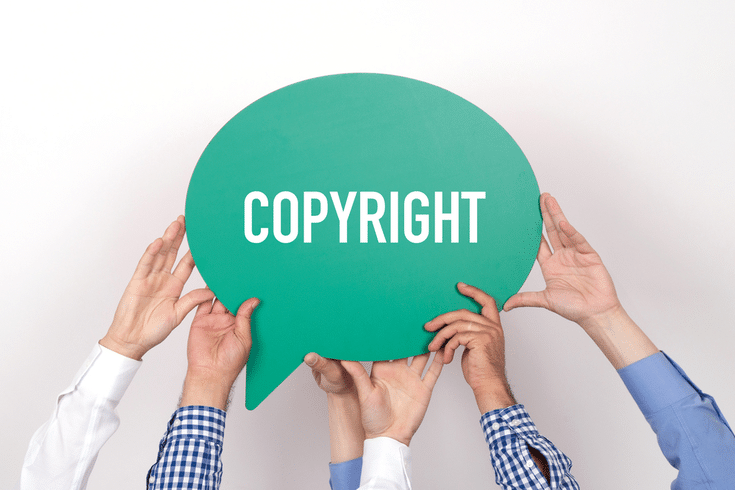
Copyright is a legal right that protects the original work of art.
Under Japan’s Copyright Law, a work is defined as “a creative expresssion of ideas or feelings that belong to the scope of literature, science, art, or music”.
In addition, the author of a work is granted “copyright” and “moral rights” under Japan’s Copyright Law.
Copyrights are property rights and therefore transferable, while moral rights protect the author’s personality and are not transferable.
When you purchase real art, such as a painting or sculpture, ownership transfers to the transferee, but the copyright usually remains with the copyright owner unless otherwise agreed.
In the case of NFT art, it is not tangible, and not subject to ownership. However, it is considered to be copyrighted.
The handling of copyrights for NFT art depends on the terms of use of each platform, as described above. Therefore, you should check the terms of use before engaging in any activity that requires the permission of the copyright holder, such as reproduction.
Treatment of possession of art NFTs under copyright law.
When purchasing an art NFT, the buyer typically receives an NFT (token) that displays the data of the specific content and its associated rights.
Unlike actual works of art, art NFTs are not tangible objects, so they are not subject to property rights, and the expression “to own” is used rather than “to possess”.
Although the possessor of an NFT is not the copyright holder, it is indeed possible to assign or transfer the NFT to a third party.
However, the NFT holder has no ownership rights in the work itself, so the work itself cannot be trasnferred.
When dealing with authentic works of art, the transferee assumes ownership and may transfer the work itself.
Although the NFT holder and the transferee of the physical artwork are the same, it should be noted that the transferee is not the copyright owner and the transfer of ownership is distinct.
Legal challenges in NFT transactions
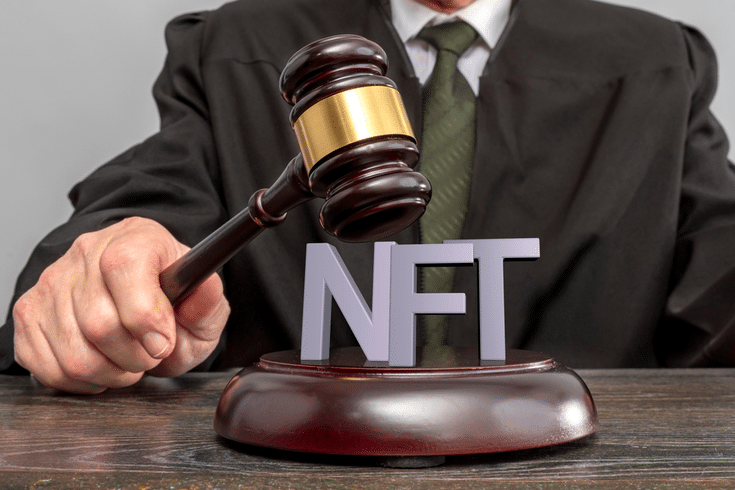
No legislation on NFTs
Crypto assets based on blockchain technology are defined in the Funds Settlement Law, but there is no law defining NFTs yet.
For crypto assets, the Law on Funds Settlement provides for the protection of users, but there is no law yet to protect NFT holders.
Issues in Japan’s Copyright Law for NFT Art
NFT art is typically defined as art that comes with a certificate verifying its authenticity as “the only true thing.” Unfortunately, due to the rapid growth of the market, there has been a significant increase in illegal copying practices that infringe on copyright laws. For example, there have been instances where third-party artwork has been published on the internet as NFT art without proper permission.
In May 2022, OpenSea, the largest NFT marketplace, introduced a system that usese image recognition technology and human review to prevent pirated NFT art from being displayed. Currently, these anti-piracy measures are left to the marketplace.
NFTs and Copyrights
The emergence of NFT is a result of the advancements in blockchain technology. As a result, there is an ongoing debate on the legal framework for managing NFT copyrights and related rights, as it is still in the development stage.
If you have any concerns regarding the trading or holding of NFTs, we advise that you seek the counsel of a lawyer knowledgeable in IT-related laws.
Guidance on Countermeasures by Our Office
Monolith Law Office is a highly specialized law firm with expertise in both IT, particularly the internet, and law. With the increasing attention on intellectual property rights related to copyright, the demand for legal checks is also on the rise. Our firm offers solutions specifically tailored to intellectual property issues.
Category: IT




